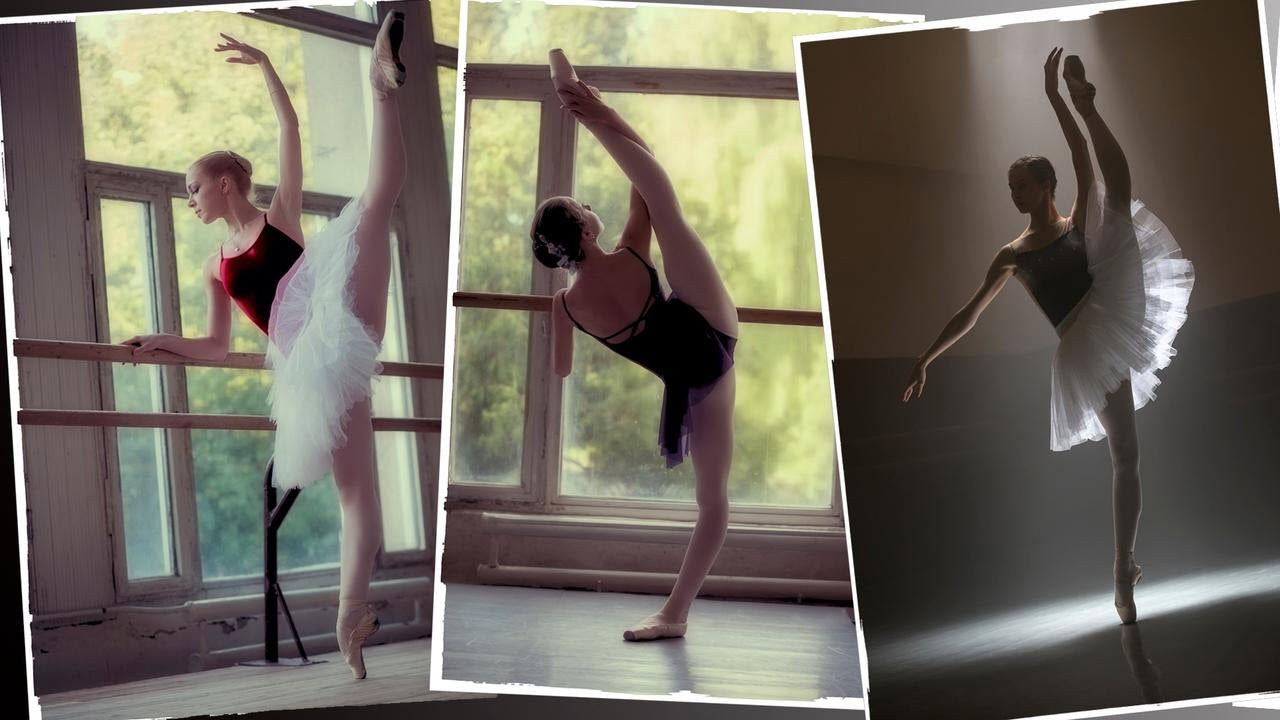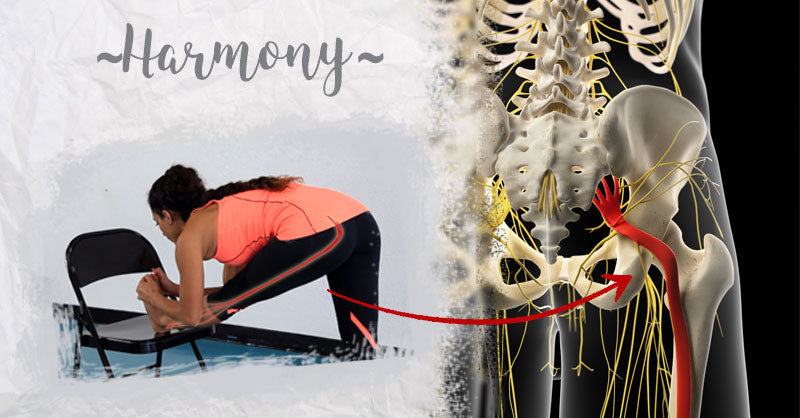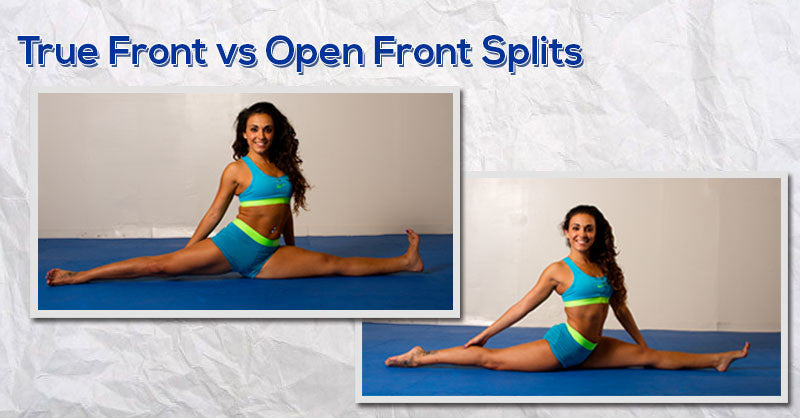Strength in Flexibility: Foot & Ankle – PART 2
Posted by EasyFlexibility Team on
The foot is a dancer’s golden pedestal.
 Take care of the foot and ankle and dance away with confidence. In PART ONE of this series we spoke about the anatomy of the foot and ankle and introduced stretches for its lateral and medial edges to help maximize that perfect point.
Take care of the foot and ankle and dance away with confidence. In PART ONE of this series we spoke about the anatomy of the foot and ankle and introduced stretches for its lateral and medial edges to help maximize that perfect point.
We also stressed the importance of strength and hope you have already seen some improvements through relevés in class as well as the variations found in the Foot and Ankle Flexibility Program. Many exercises do not come easy, so if you are running into challenges, it is helpful to break them down for further understanding.
As we discussed, the foot and ankle take a beating when it comes to movement because they hold the weight of your entire body. Between the foot and ankle there are a whopping 52 bones. The ankle itself is a type of hinge joint called a synovial joint where the talus, tibia, and fibula come together. This type of joint allows you to point (plantarflex) and flex (dorsiflex) the foot.

One of the main challenges many new dancers face is finding the most direct pathway from standing flat to the relevé position. When you rise, do your ankles roll out? Do they roll in? Relevé will always reveal the strengths, weaknesses, and imbalances within your ankle joint.
The Signs
Ankles that roll outward when in relevé indicate muscle weakness along the inner foot. Ankles that roll inward indicate weakness along the outer foot. The stronger muscles will always prevail and pull the joint in their direction, which will cause stress in the joint and eventually lead to serious injury. This is why it is important to strengthen each side equally. Correct alignment will save your joints and even your career!

Other Challenges

Another common hardship is achieving that high relevé and holding the position itself, whether in flat shoes or all the way en pointe. It takes flexibility and strength to rise as high as possible. Are you finding it difficult to lift your heels more than a couple of inches off the floor? Do you notice shaking or wavering within your ankle joint when you have reached your highest point?
These are signs that you need to focus first on some major flexibility. Once more flexibility is achieved, it will be necessary to strengthen your ankle’s newly found range of motion.
If you are experiencing any of these challenges, have no fear! In PART THREE, we will break down exercises in flexibility and strength to correct these common issues. In the meantime, be sure to check out the Foot and Ankle Flexibility Program and keep us posted on your progress. Realizing WHAT your body is doing and WHY is the first step to a deeper understanding of kinesiology and will make you truly stand out as a dancer.
Check out the Foot & Ankle Flexibility Training Program:

© ElasticSteel Corp., EasyFlexibility, Paul Zaichik, et. El., 2022. No part of the materials available through ElasticSteel.com, EasyFlexiiblity.com, site may be copied, photocopied, reproduced, translated or reduced to any electronic medium or machine-readable form, in whole or in part, without prior written consent of Paul Zaichik EasyFlexibility.com, Elasticsteel.com.. Any other reproduction in any form without the permission of Paul Zaichik EasyFlexibility.com, Elasticsteel.com is prohibited. All materials contained on this site are protected by United States copyright law and may not be reproduced, distributed, transmitted, displayed, published or broadcast without the prior written permission of Paul Zaichik, EasyFlexibility.com, Elasticsteel.com.









